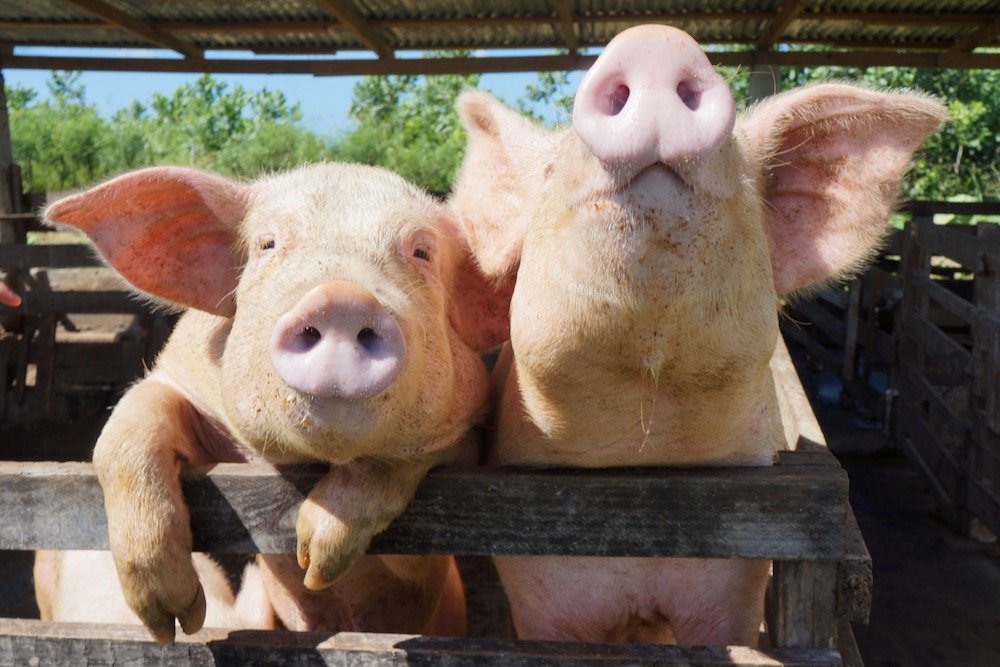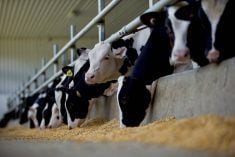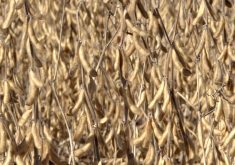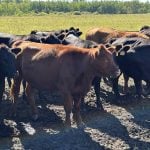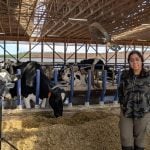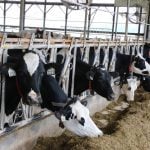Chicago | Reuters — The U.S. Department of Agriculture on Wednesday pledged up to US$500 million to prevent the spread of the fatal pig virus African swine fever, after Haiti and the Dominican Republic recently confirmed outbreaks.
A U.S. outbreak would likely slash U.S. pork exports and pig prices, hurting farmers and meat companies such as Tyson Foods.
African swine fever is harmless to humans but often deadly to pigs, leading to financial losses for farms. Governments also often block pork imports from countries where the disease has been found to prevent transmission.
Read Also

ICE Weekly: No upside for canola if China situation continues: trader
Tony Tryhuk of RBC Dominion Securities said canola should stay rangebound if Canada’s trade war with China continues.
USDA said it would commit funds from its Commodity Credit Corporation spending authority to expand and co-ordinate monitoring and surveillance for the disease, along with other efforts.
“This is unprecedented both in terms of the amount dedicated to one animal disease and of getting the funds upfront, before we have the disease in the U.S.,” said Bob Acord, a former USDA administrator who is now a consultant for the National Pork Producers Council.
African swine fever originated in Africa before spreading to Europe and Asia and has killed hundreds of millions of pigs. The disease spread rapidly in China starting three years ago and wiped out half the country’s hog herd within a year.
The Dominican Republic’s outbreak in July was the first in the Americas in nearly 40 years. It increased worries about the risk for U.S. cases, particularly after Haiti also confirmed an outbreak this month.
USDA told Reuters it has spent about US$400,000 in the Dominican Republic to help the country respond to African swine fever.
“ASF outbreaks have proven devastating in other parts of the world due to lost production and trade,” the USDA said.
U.S. Customs and Border Protection is increasing inspections for illegal pork on flights from Haiti and the Dominican Republic and making sure airplane garbage is properly disposed of to prevent transmission of the disease, USDA has said.
Feed imports
Canada, meanwhile, said Monday it took “immediate action to enhance its vigilance” on both the Dominican Republic and neighbouring Haiti when ASF was confirmed in the Dominican Republic in July.
The Canadian Food Inspection Agency, in a statement Monday, said it “quickly” worked with the Canada Border Services Agency to strengthen border controls for the Caribbean region as a whole, including “enhanced” screening of travellers and mail by border services officers and detector dog teams.
Canada doesn’t import pork or pork products from either Haiti or the Dominican Republic, but CFIA said it has added them to its listing of “countries of concern” for ASF in relation to plant-based feed imports.
Any livestock feed ingredient coming to Canada from listed countries must meet “required conditions” for import, CFIA said.
CFIA also said it continues to run public awareness campaigns and outreach on ASF, working with airport authorities and airlines to provide information on the disease to international travellers.
Canada and the U.S. have also already agreed on geographic boundaries for control zones to help contain an ASF outbreak if the disease hits either country. A similar zone system was used in a 2014 outbreak of avian influenza in poultry in British Columbia.
— Tom Polansek reports on agriculture and ag commodities for Reuters from Chicago. Includes files from Glacier FarmMedia Network staff.

